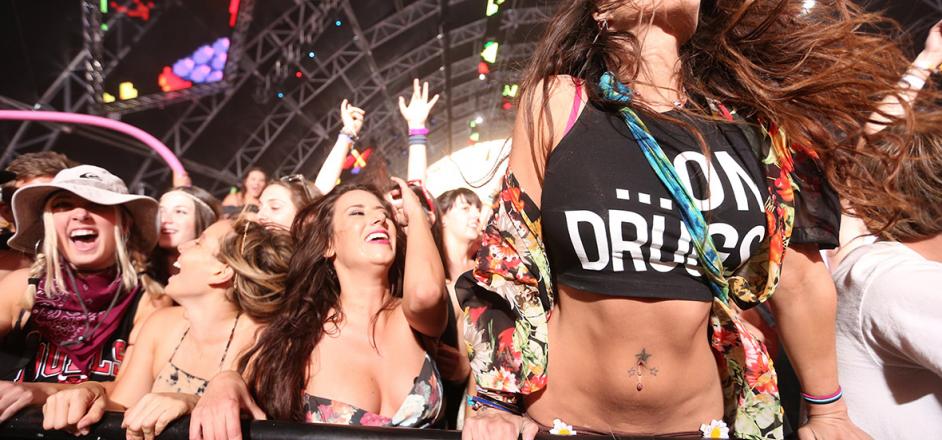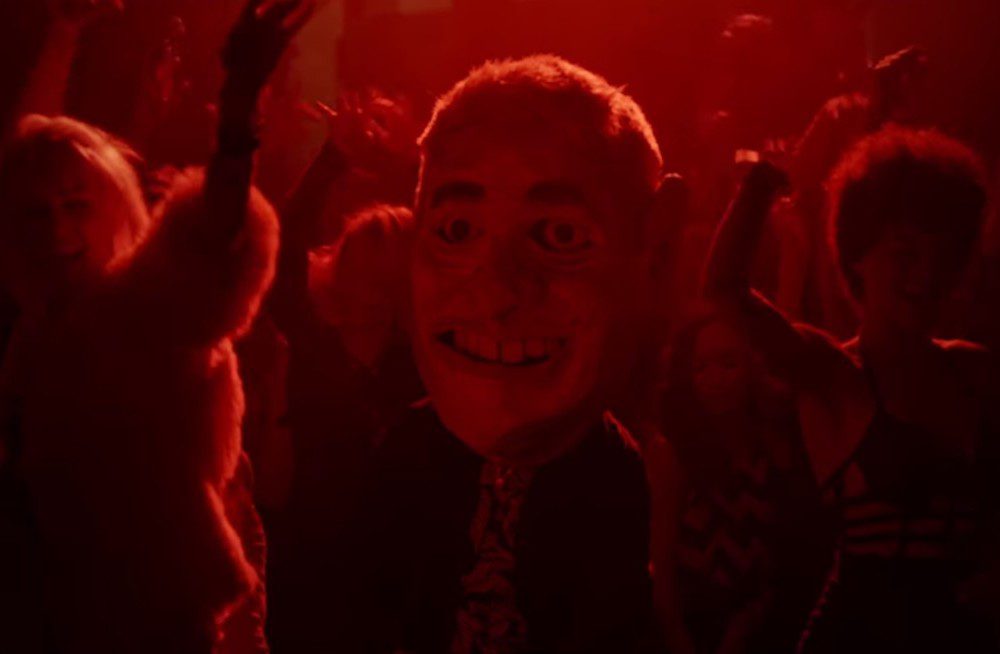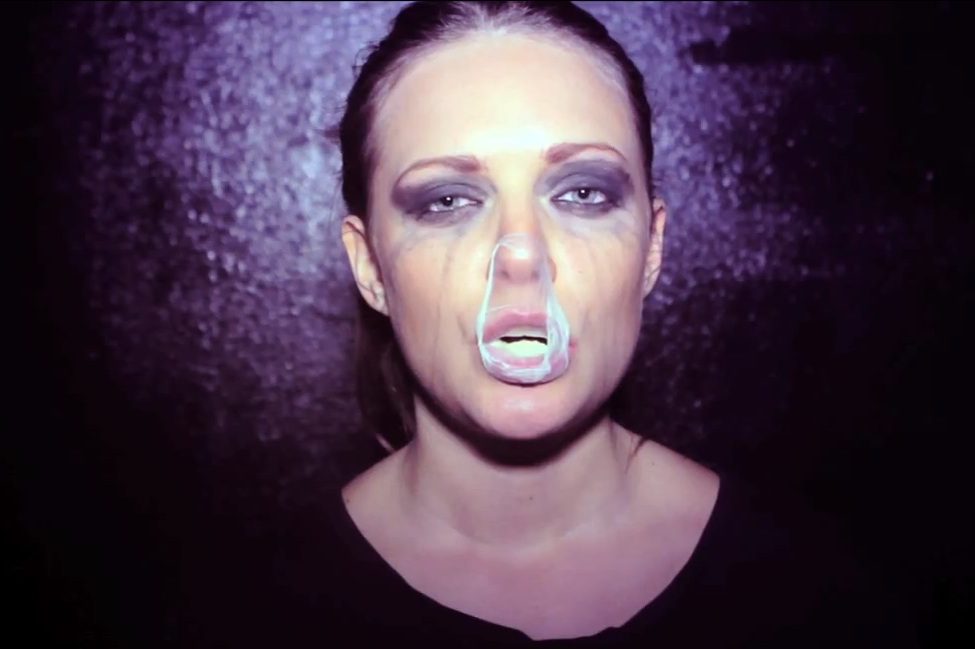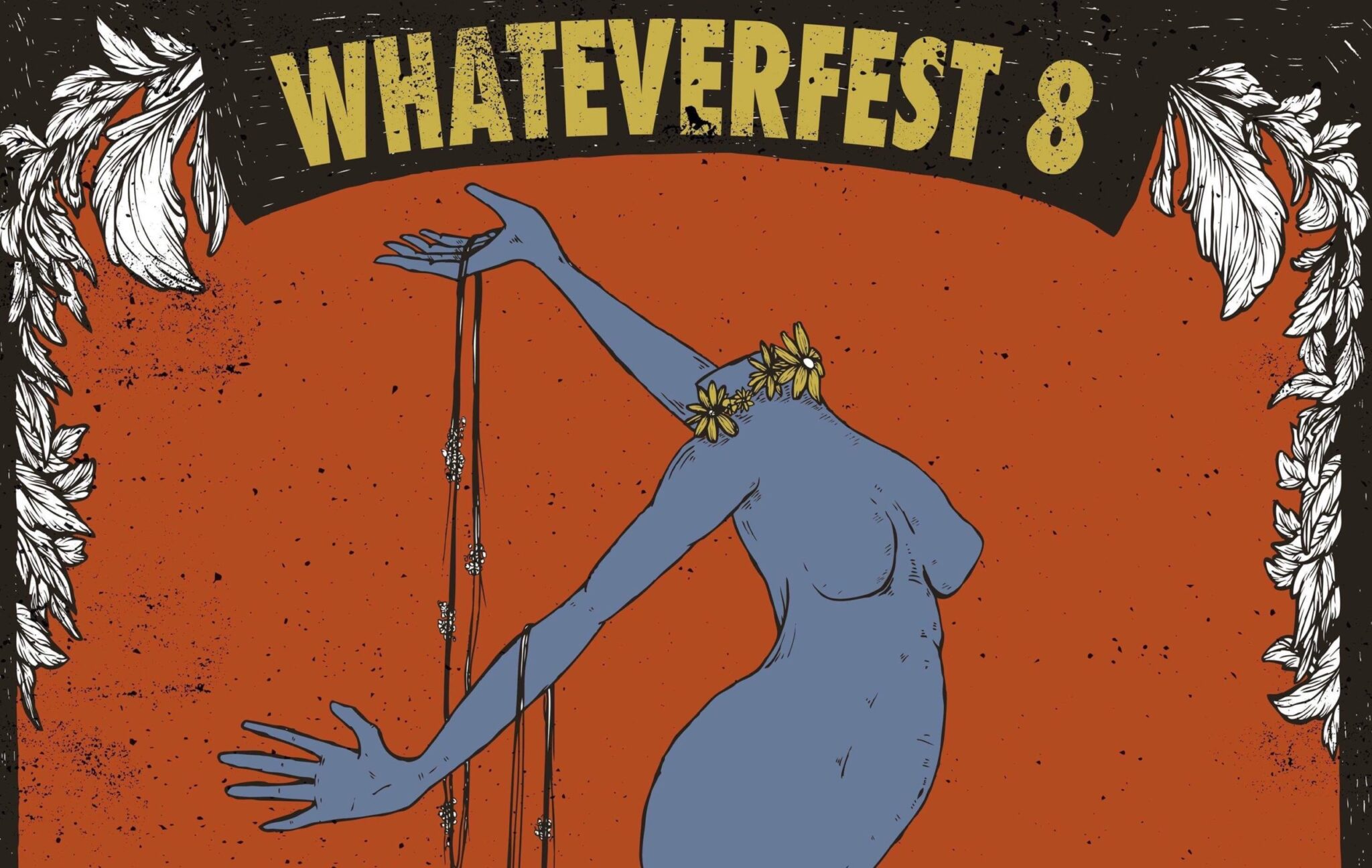HIGH NOTES: A Safety & Health Guide for Music Festivals

After discovering the crazy and liberating world of EDM at EDC Vegas last year, I was alarmed to learn that someone died at that festival and many more ended up in critical condition. A quick Google search for “people dying at music festivals” yielded more reports that made EDC look tame. Many festivals have been home to multiple deaths, typically resulting from drug overdoses combined with the crowded, hot, high-energy environments these events foster.
Yet few of the articles I read offered any advice beyond the usual “don’t do drugs, kids!” and the festivals didn’t provide any information either. The website for Time Warp, one of Germany’s biggest EDM festivals, includes no guidance regarding drug use other than, “Say no to drugs. Please stay away from drugs. We want to have a ‘clean’ party!” — a warning more fitting for a middle school DARE class than adults attending an event that runs from 7:30 p.m. on a Saturday to 2 p.m. on a Sunday. The “health and wellness” page for Insomniac, the tour promoter behind dozens of EDM events including EDC, reads, “Insomniac institutes a zero-tolerance drug policy at all of its events — end of story.”
But the reality is, that’s not the end of the story. One in 25 Americans ages 18-25 has used MDMA over the past year, according to the Drug Policy Alliance, and that number is likely far higher among ravers. A March 2015 DrugAbuse.com study found that over 25,605 Instagram posts about 15 popular music festivals mentioned MDMA, 9,705 mentioned weed, and 4,779 mentioned cocaine. In total, over 40,000 posts about EDC alone mentioned drugs.
Festivals are starting to recognize this: Last year, the Secret Garden Party in Cambridgeshire, England became the first to offer on-site drug testing. And on Friday, March 31, DanceSafe—an organization that promotes safer raving—held the world’s first International Day of Drug Checking to teach people how to reduce the risks of party drugs. This is especially important amid several recent reports of young women dying after taking ecstasy, coke, and ketamine.
To learn how to be as safe and healthy as possible at music festivals, whether we’re high or sober, I got in touch with DanceSafe’s Director of Programs Kristin Karas. Here are some tips she gave for taking care of yourself and those around you.
1. Test your drugs
Many drug-related deaths result from unknown substances mixed in. To make sure you’re getting what you asked for, consider investing in a home reagent kit. These won’t tell you your drugs’ purity, but they will reveal what’s in there.
2. Control your doses
When you’re high, everything can seem like a good idea, including getting higher. To avoid this spiral, research how much of your chosen drug you should take in advance, and pledge not to exceed it. If you don’t know exactly how much you’re getting (which you usually don’t), take less than you would otherwise. And if you’re not feeling the effects you’d like as soon as you expected, wait it out. People often make this mistake with weed edibles, says Karas, which can take up to two hours to kick in.
In the case of MDMA, RollSafe recommends never exceeding 125 mg at a time, and that’s an absolute maximum. For women or newbies, that number’s going to be lower. RollingPro recommends 60-90 mg at most for smaller or more sensitive people. For reference, the average ecstasy pill has 75-100 mg, and many find that half a pill is plenty. If you’re not sure how much you’ll need to see an effect, start off with a small amount, see how you’re feeling an hour later, and take more if needed (but question your initial impulse, which will probably be to take it). And avoid taking more than one drug at a time.
3. Hydrate
Between the sun and the dancing, music festivals can leave you parched even without drugs. Add in MDMA, and you’ll end up dehydrated while losing the sensation of thirst. A lot of festivals have hydrating stations, so bring a water bottle and fill it up regularly. But water alone isn’t enough. Since you’re also losing salt and retaining more water than you normally would, balance your electrolytes with sports drinks, juice, or snacks to avoid hyponatraemia (dangerously low blood sodium levels) or cerebral edema (swelling of the brain cells). Remember: just because you’re high doesn’t mean you don’t need to eat or drink.
4. Take breaks
With all those people packed together, music festivals can get hot, and MDMA, coke, and amphetamines can also cause overheating. Take time to get out of the crowd and cool off every hour or so.
5. Wear earplugs
Another health risk people don’t always talk about is hearing damage, says Karas. Some festivals have such loud noise levels, they can do their damage in just a few seconds, according to DanceSafe. A study last year found that festival-goers who wore earplugs were able to hear better after the event than those who went without, so stash a pair in your bag to safeguard your ears, and try to stay away from speakers.
6. Be aware of your surroundings
Additional potential causes of deaths and injuries at music festivals include getting hit by cars, getting crushed in crowds, and other accidents you can help prevent through vigilance. Stick with a friend or group so you can look out for one another, especially if you’ll be high.
7. Learn what resources are on the festival grounds
Some festivals have peer security teams and sanctuaries to help people experiencing medical problems. Consult your festival brochure, map, or website beforehand to figure out what to do in the case of an emergency.
8. Get help if you don’t feel good
Take any physical discomfort or incapacitation you start to feel during the festival seriously. “Signs that something is wrong and you should seek medical attention include difficulty breathing, seizure, loss of consciousness, rapidly increasing body temperature, rapid or irregular heartbeat, signs of head injury, confusion, chest or abdominal pain, fainting, and signs of severe dehydration or heatstroke,” says Karas. “Signs of heatstroke include altered states of behavior, lack of sweating in a hot environment, nausea, vomiting, and headache.” If you experience any of these and can’t get to the festival’s sanctuary right away, call 911. Don’t try to save your ass — tell them if you’ve taken anything. After you recover, you’ll want to avoid partying hard or getting too much heat for the next few months.
9. Look out for those around you
Part of the magic of music festivals is that for that day or weekend, you’re a family. And that means looking out for one another. If you notice any signs of heatstroke in a fellow attendee, call an ambulance or the festival’s medical team, take them somewhere as cool as possible — even if it means leaving the festival grounds — pour water over them, fan them, give them dry clothes or a blanket, and give them a sports drink or water mixed with salt. Let the medical professionals know what they’ve ingested, and make sure they get to the hospital.
During EDC last year, a cute guy I spontaneously made out with offered me his water bottle. Though I hadn’t felt thirsty, I suddenly found myself guzzling it like there was no tomorrow. Then, he put his hands on my shoulders and said with an entertained but concerned look in his eyes, “Stay hydrated.” At the time, I didn’t understand what he meant. Now, I do. I even carry my own water bottle to events – and offer it to anyone who lacks the information I have now.





